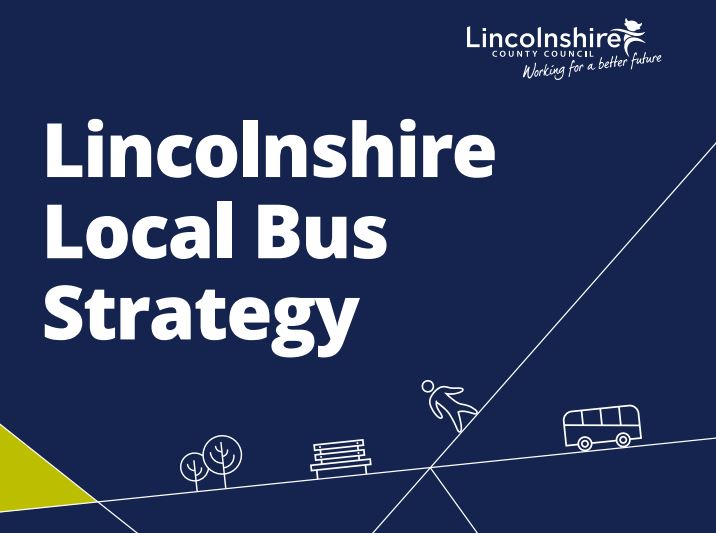Bus services in the county are set to be radically shaken-up with plans for electric or hydrogen cell vehicles carrying passengers.
And the popular Call Connect service could be used to transport non-emergency patients on behalf of the NHS.
The Local Bus Strategy outlines plans for a ‘green bus revolution’ designed to reduce emissions and encourage passengers.
“Zero-emission buses are at the heart of this revolution to not only reduces emissions but to make journeys smoother,” says the county council’s strategy document.
“We envisage the role of electric and hydrogen fuel cell powered vehicles as being the mainstay of the Lincolnshire passenger transport network,” adds the report.
It also suggests that autonomous vehicles will become a ‘mainstream transport option across the county from the 2030s.’
The Call Connect vehicles will be charged using solar panels on the roof of the depots and any extra electricity created would be sold back to the National Grid.
The service would ‘benefit from some of the sunniest and driest counties in the UK.’
Call Connect could also “Provide non-emergency transportation on behalf of the NHS where the trips can be provided on the main transport network,” according to the strategy. “The council will work with the CCGs and NHS transport providers to encourage a greater use of Call Connect services for non-emergency trips.”
The strategy says there are currently 276 local bus registrations in the county with 29 operators. The average age of vehicles is greater than nationally, with some buses almost double at 16.
“The bus fleet in Lincolnshire is significantly older,” says the document. The older vehicles also release higher levels of pollution.
The number of passengers has declined by more than 28 per cent over the last ten years and new regulations regarding accessibility are also hitting operators.
The Public Service Vehicle Accessibility Regulations have ’caused challenges for LIncolnshire operators,’ the report says.
“The need to provide PSVAR compliant vehicles for all local bus services, including school bus services where members of the public can travel, remains in place,” it says, before adding that some operators may choose not to continue as a result.
The council could offer a loan scheme to help operators provide new greener vehicles. The plan will “not only arrest the decline in bus use, but bring about a complete revolution in bus services.”





